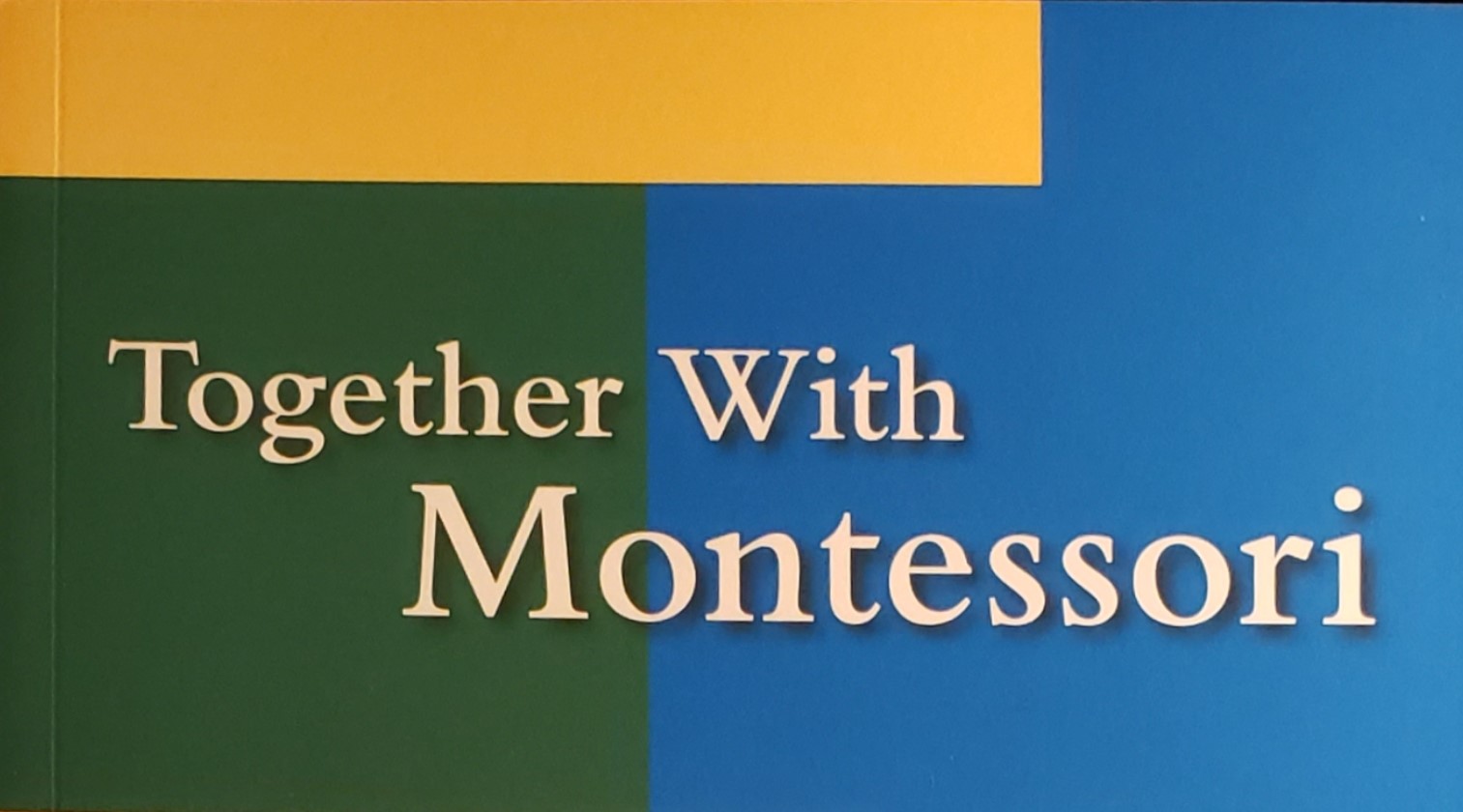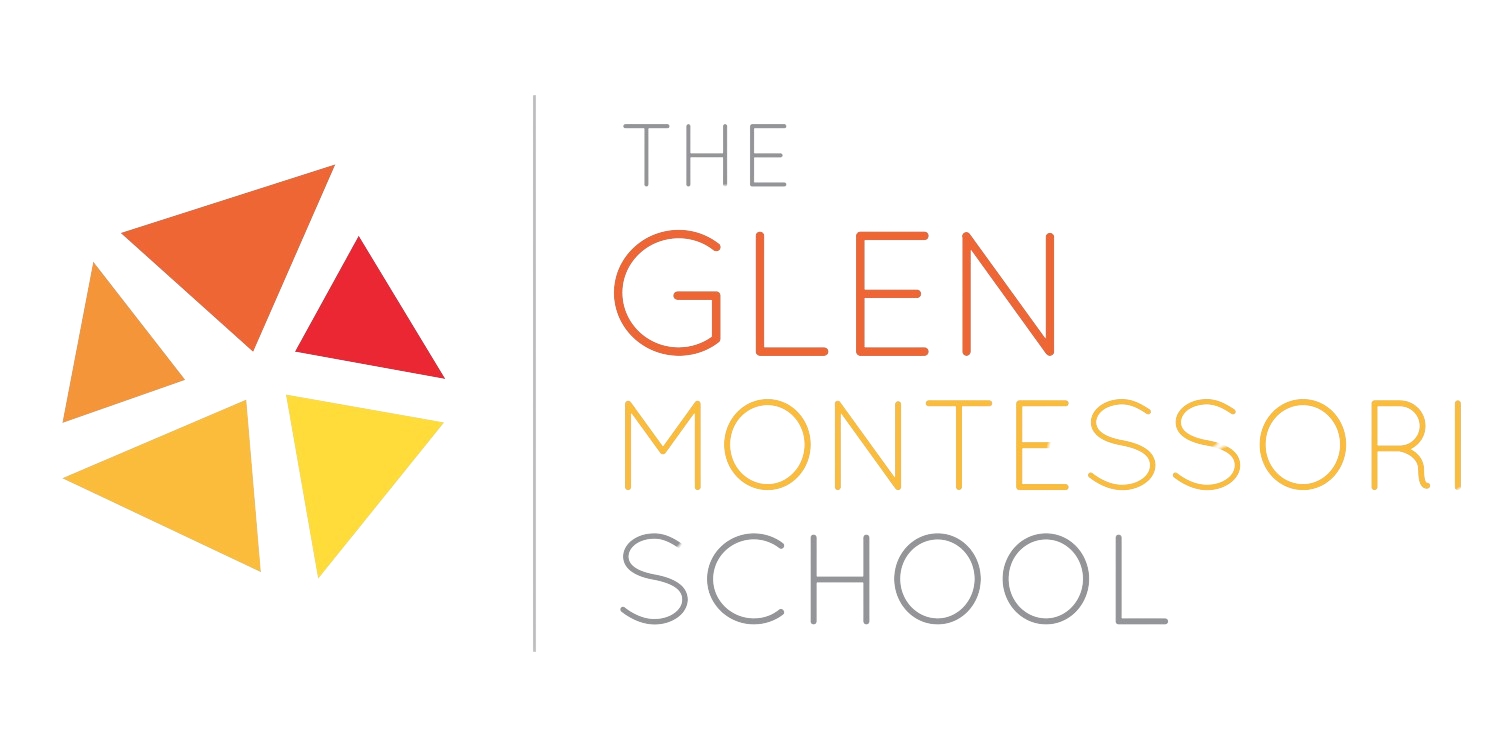A Glossary of Montessori Terminology

A Glossary of Montessori Terminology
Taken from Cam Gordon’s Together with Montessori: The Guide to Help Montessori Teachers, Assistant Teachers, Resource Teachers, Administrators & Parents Work in Harmony to Create Great Schools. Originally published in 1993 by Jola Publications, a 4th Edition was published in 2021 by River’s Edge.
Absorbent mind- The mental capacity, especially of the young child, to take in information and sensations from the world.
Abstraction- The act of drawing conclusions, conceptualizing, generalizing, synthesizing or imagining from experience in the concrete world.
Auto-education- Self-teaching and self-learning through the use of didactic materials, objects and activity.
Children’s House- Translation of Casa dei Bambini, the name of the first Montessori program for preschool-aged children between the ages of two and six.
Control of Error- A feature or features of a learning material or activity which allows the learner to detect if mistakes or errors have been made. The control may be within the material itself, in the child and his or her memory or perceptions, or in the adult or another child.
Cosmic Education- A learning approach which offers a holistic view of human culture and knowledge and promotes an awareness of the connections among events and the interdependency among things and life forms.
Cultural Studies- The content or act of learning and education about all human knowledge and history. It includes the traditional subjects of science, history, geography, humanities, and social studies that Montessoians work to present within an integrated curriculum.
Great Lessons- A series of stories intended to provide an overview of the elementary curriculum and the impetus for research and further learning. These include the Story of the Universe, The Coming of Life, The Coming of Humans, The Story of Communication in Signs and the Story of Numbers.
Isolation of Difficulty- The act of separating a particular skill or concept into a specific exercise to facilitate its mastery.
Lesson- An educational event or series of events usually involving some direct instruction by a teacher.
Logical Consequences- Results or repercussions of an individual’s or group’s behavior that are generally imposed from outside the individual or group but that are clearly and reasonably connected to that behavior in the mind of the individual or group.
Materials- Educational objects or sets of objects
Montessori Method- The systematic approach to education developed by Dr. Maria Montessori
Natural Consequences- Results or repercussions of an individual’s or group’s behavior that occur without interference from another individual, especially a teacher, parent or other care provider.
Normalization- The process of adjustment or adaptation to resulting in an individual or group flourishing, thriving and being capable of independence and concentrated learning.
Peer Teaching- The act of working and learning together by students in an educational setting.
Planes of Development- Four stages of human growth that go from birth to maturity. These levels have distinct tasks and ideal conditions for learning and include Early Childhood, Elementary, Adolescence, and Maturity.
Practical Life- A curriculum area including materials, lessons, exercises, skills, and activities involved in daily living and the care of the person, environment, plants, animals, and social relationships of day-to-day existence.
Prepared Environment- The learning space designed and maintained by a Montessorian for the purpose of educating others.
Presentation- A demonstration of the use of material or set of materials.
Sensitive Periods- Specific times of intense interest in particular activities or for the learning of particular skills or concepts.
Sensorial- A curriculum area including materials, lessons, exercises, skills, and activities involved in developing skills of perception and the mind’s capacity to organize those perceptions in meaningful ways.
Three-Period Lesson- A systematic instructional procedure involving three distinct stages: 1. The association of a sense perception or experience with a term or concept, 2. Recognition of the phenomenon corresponding to the term, and 3. Memory and identification of the term or corresponding phenomenon to experience or perception.



